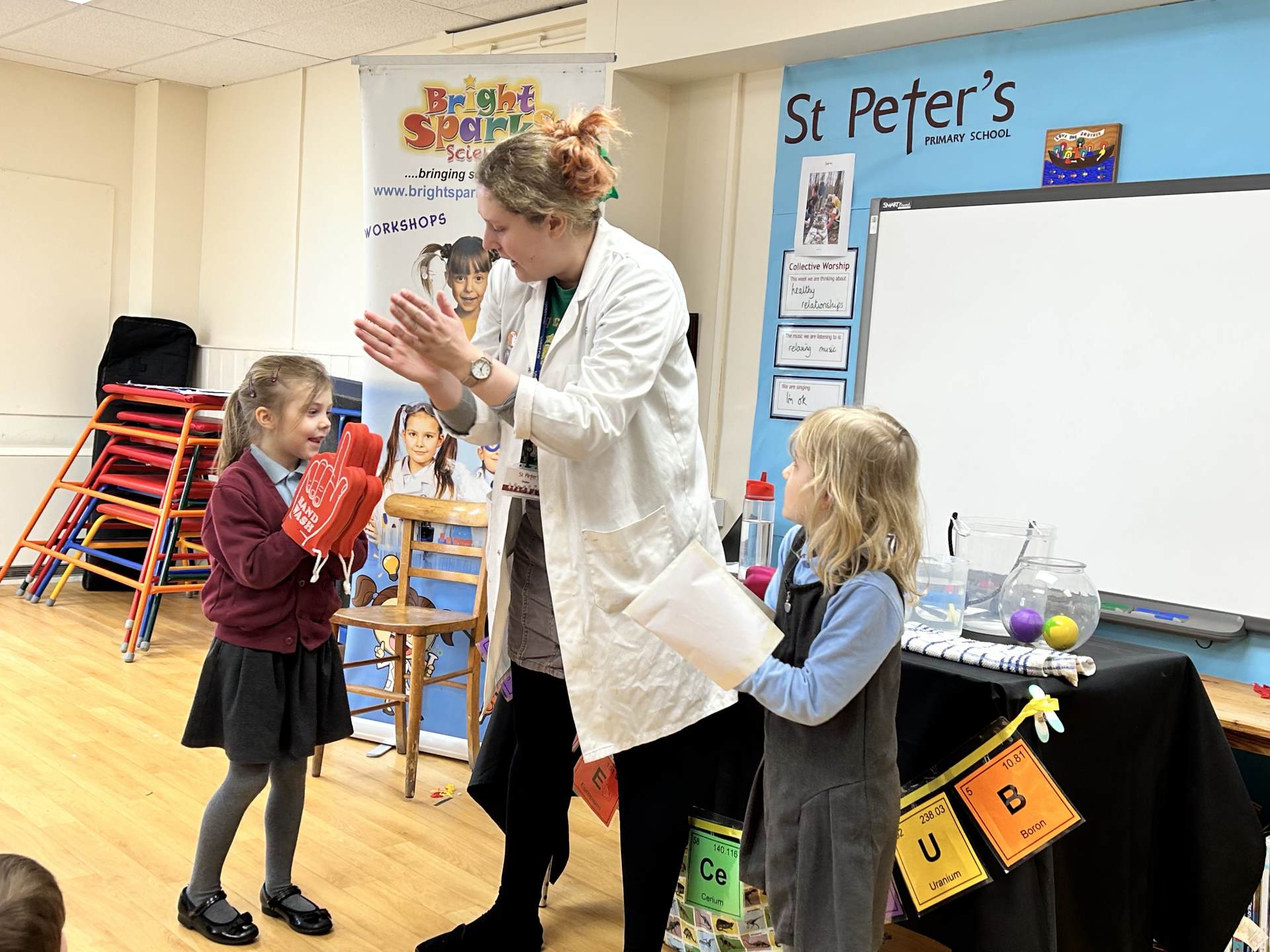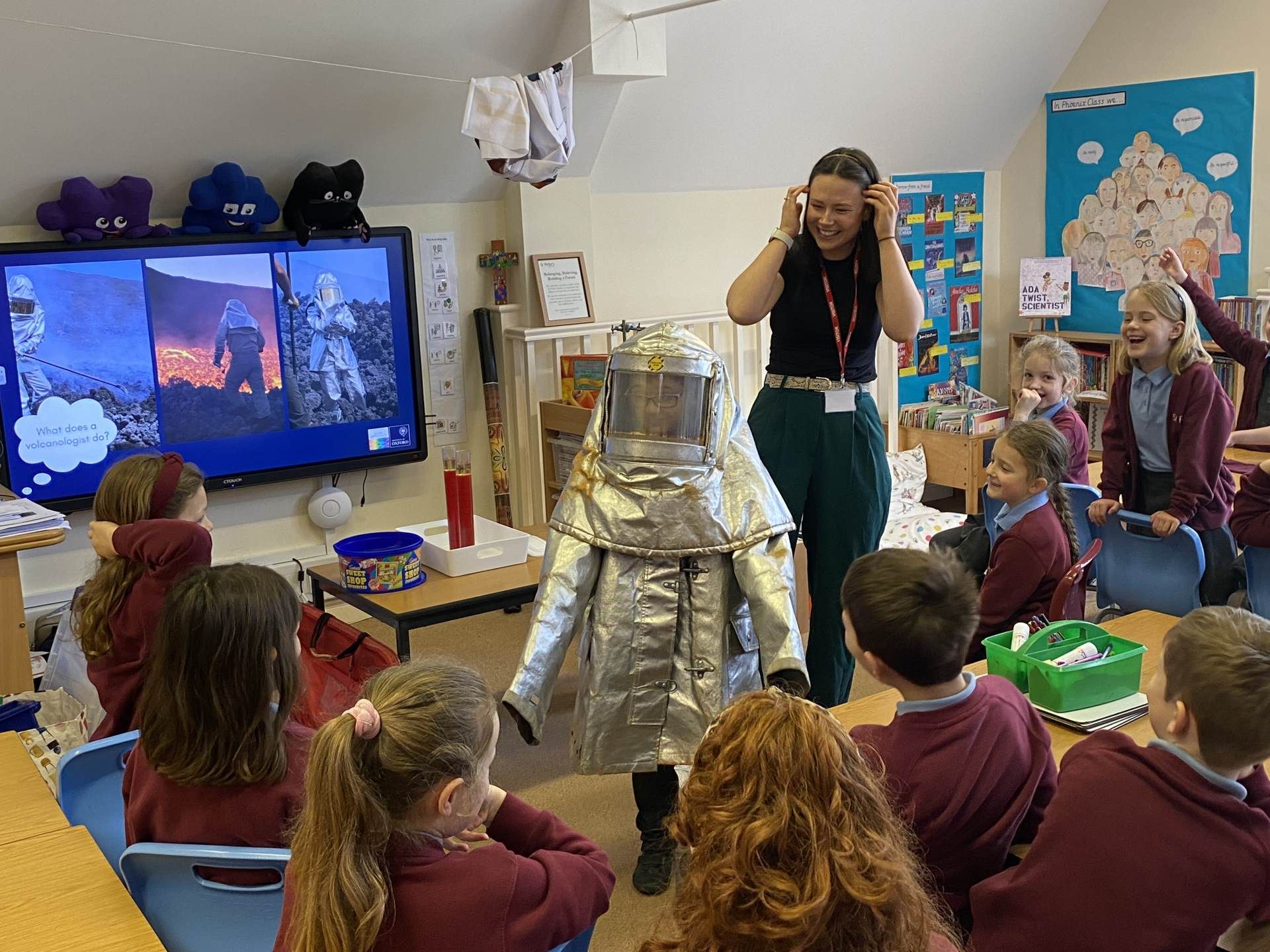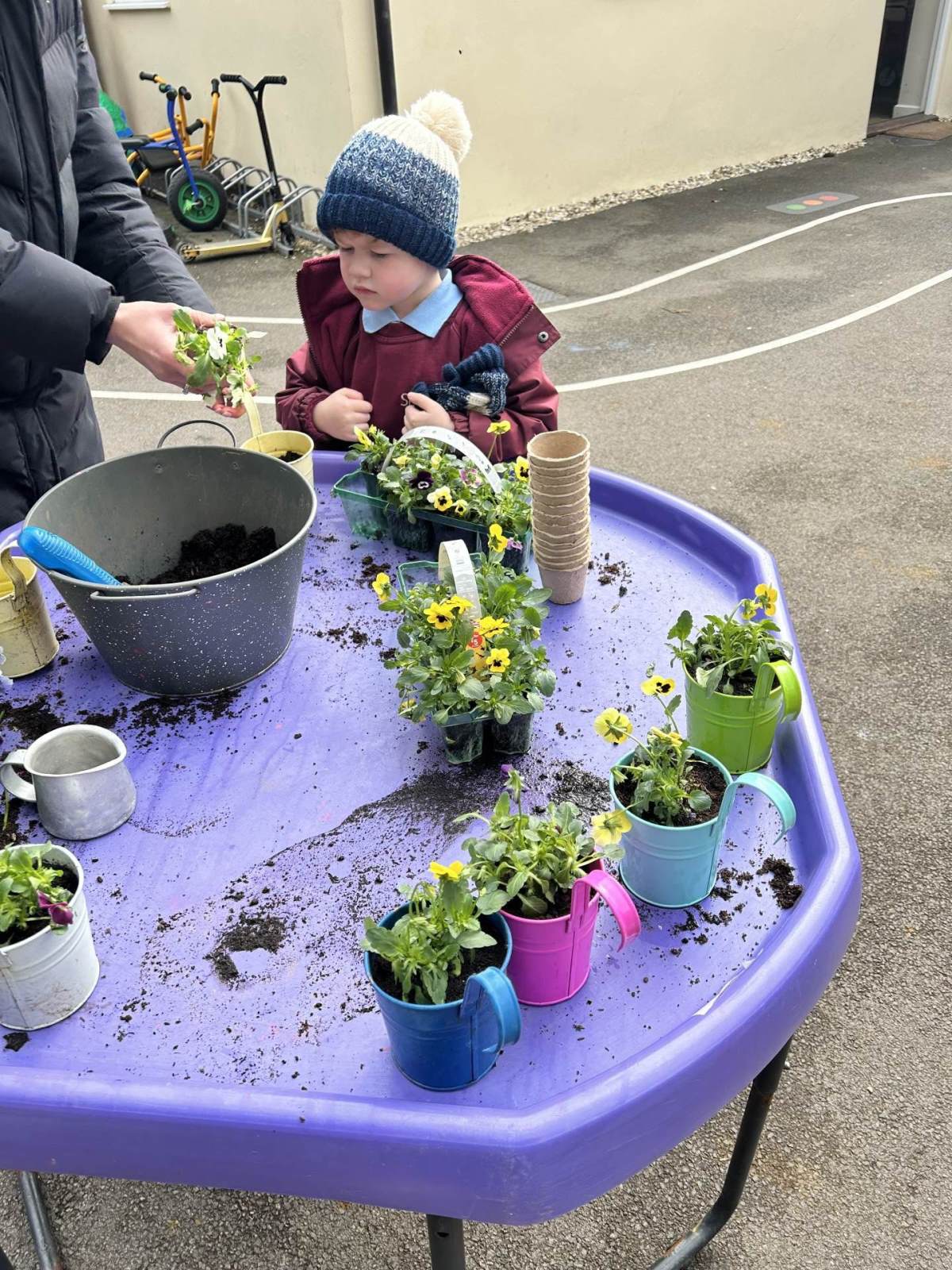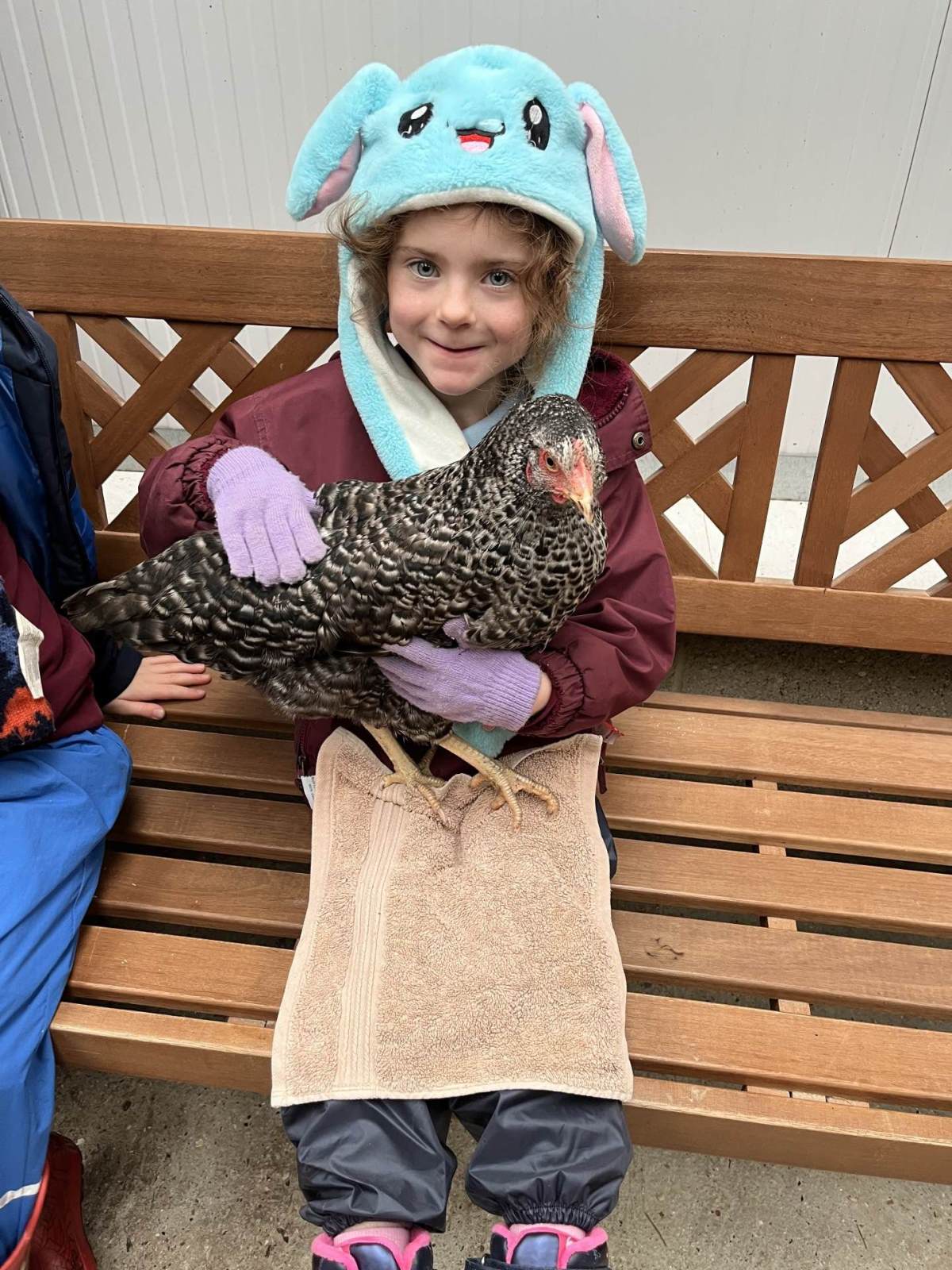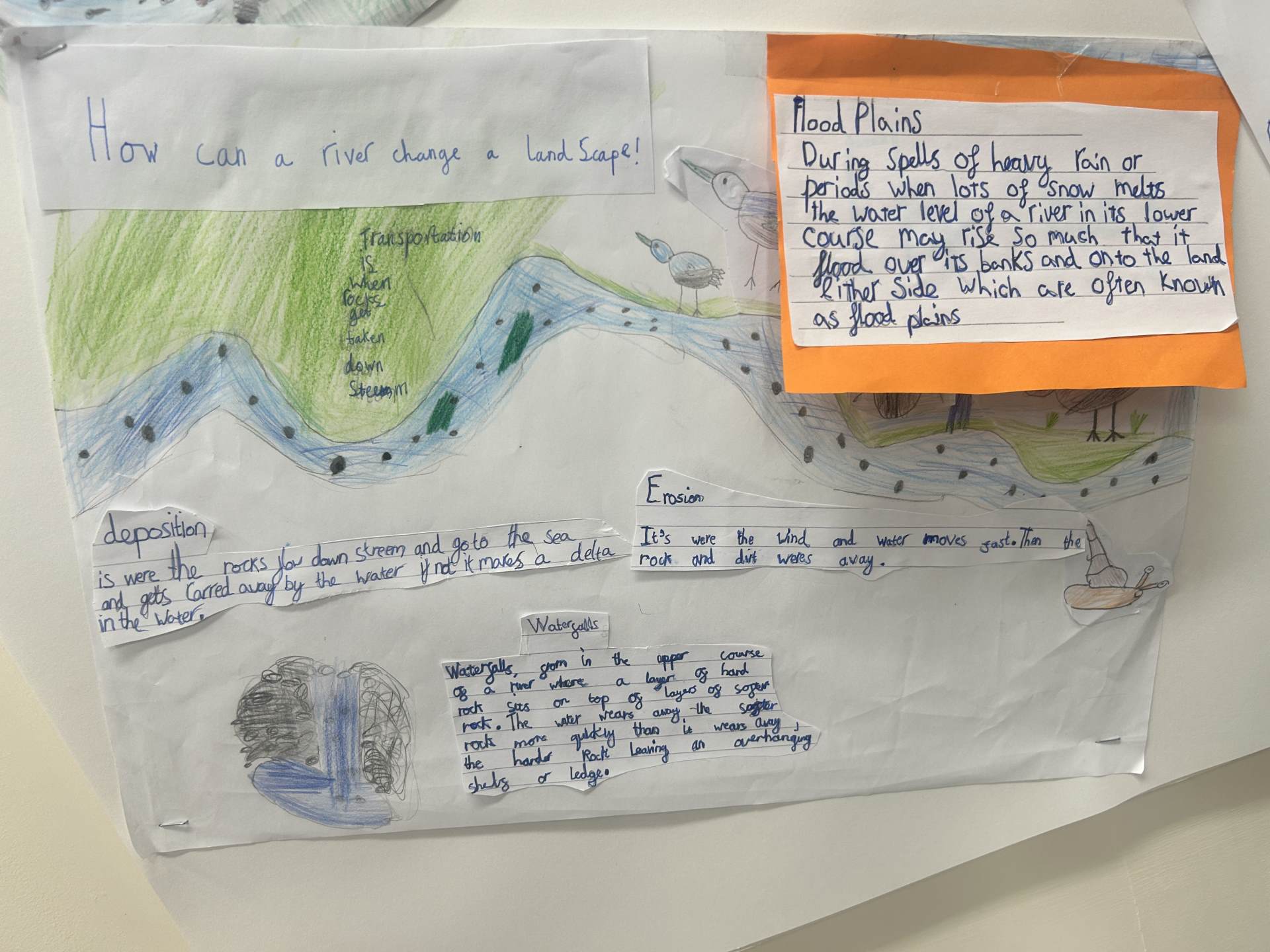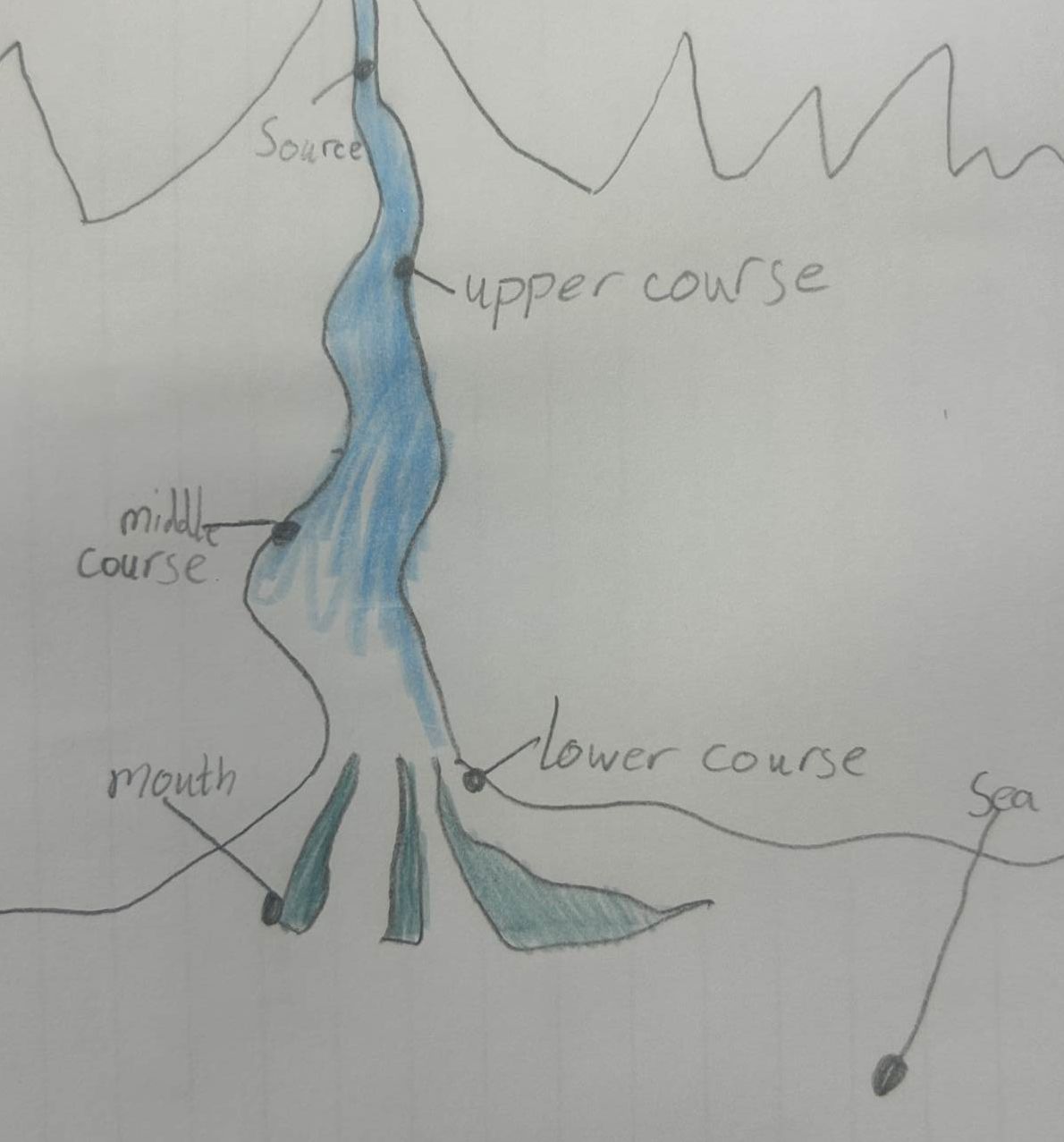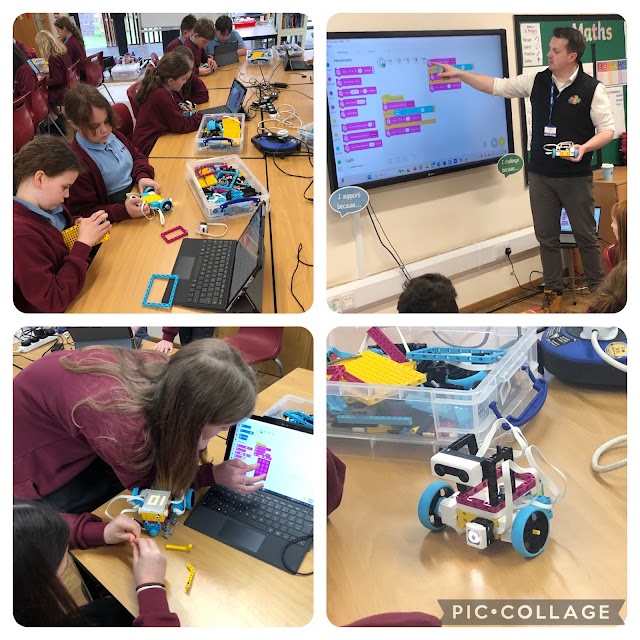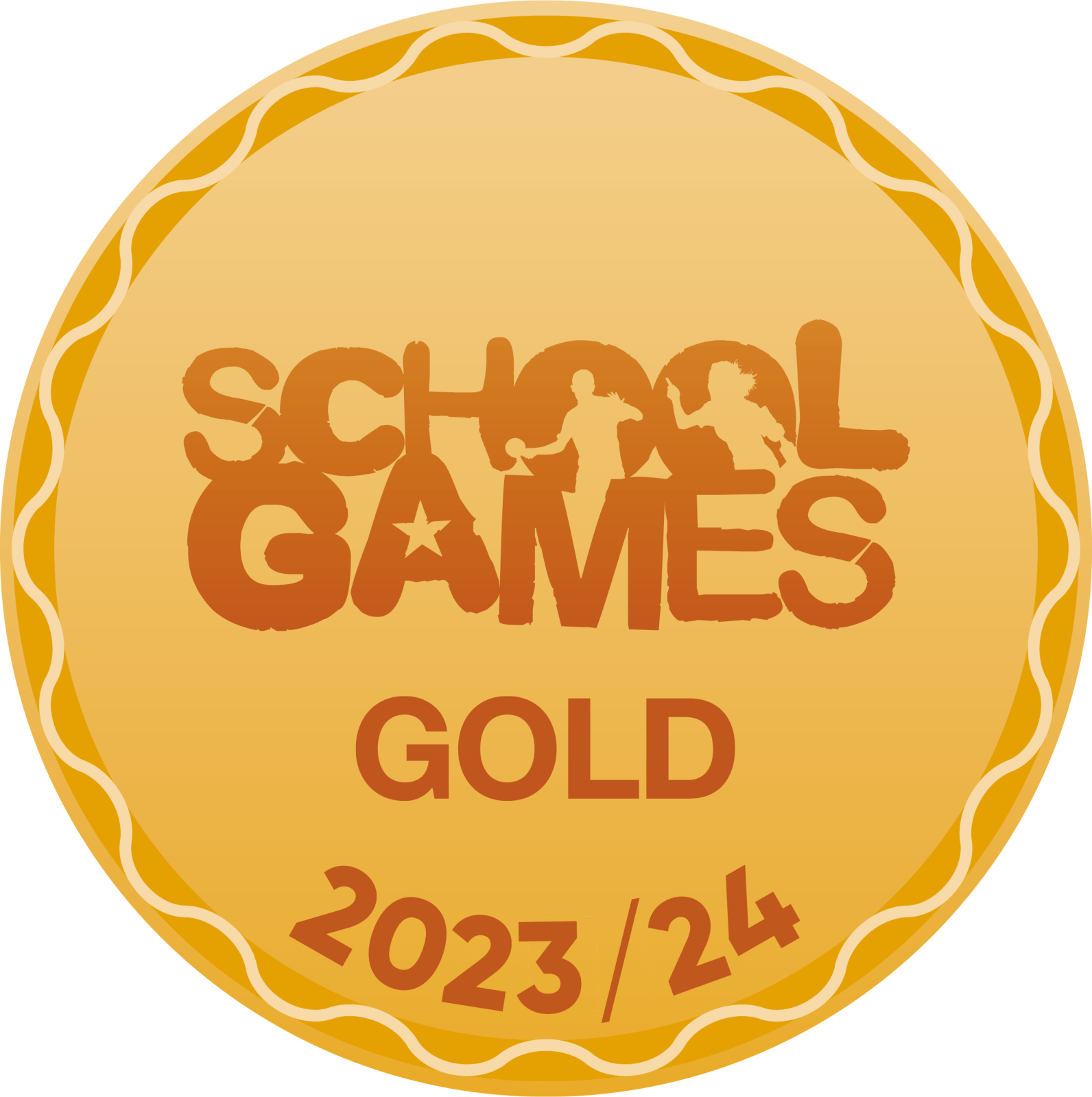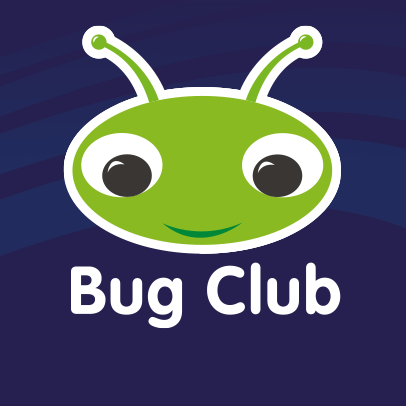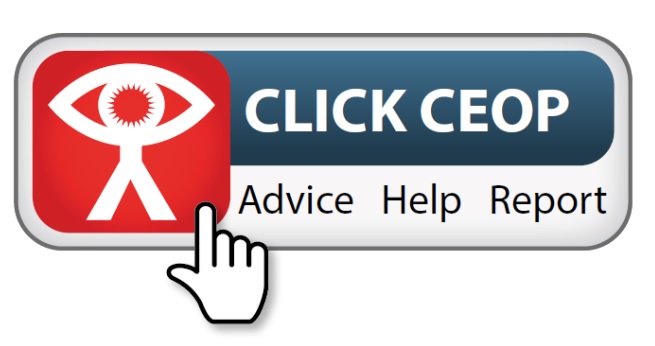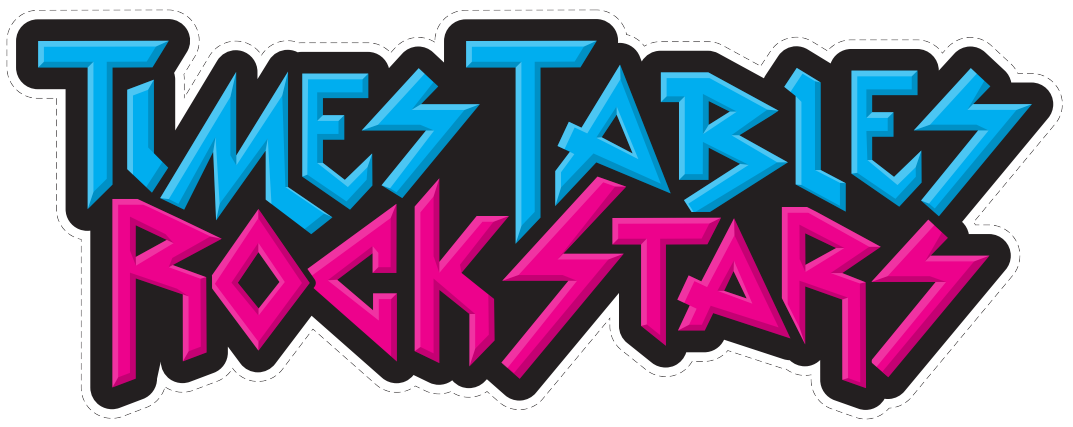{SECTION_MENU}
Science
Intent
We are lucky to be in a Science rich area of the country and so try to take every opportunity to make links with real world application of science.
Science Curriculum Overview Map
Science Knowledge, Skills and Vocabulary Progression
Implementation
Science is taught weekly and is occasionally blocked for certain projects that need extended blocks of time, such as observing changes over a day.
The sequencing of science projects ensures that children have the substantive knowledge and vocabulary to comprehend subsequent projects fully. Each project’s place in the year has also been carefully considered. For example, projects that involve growing plants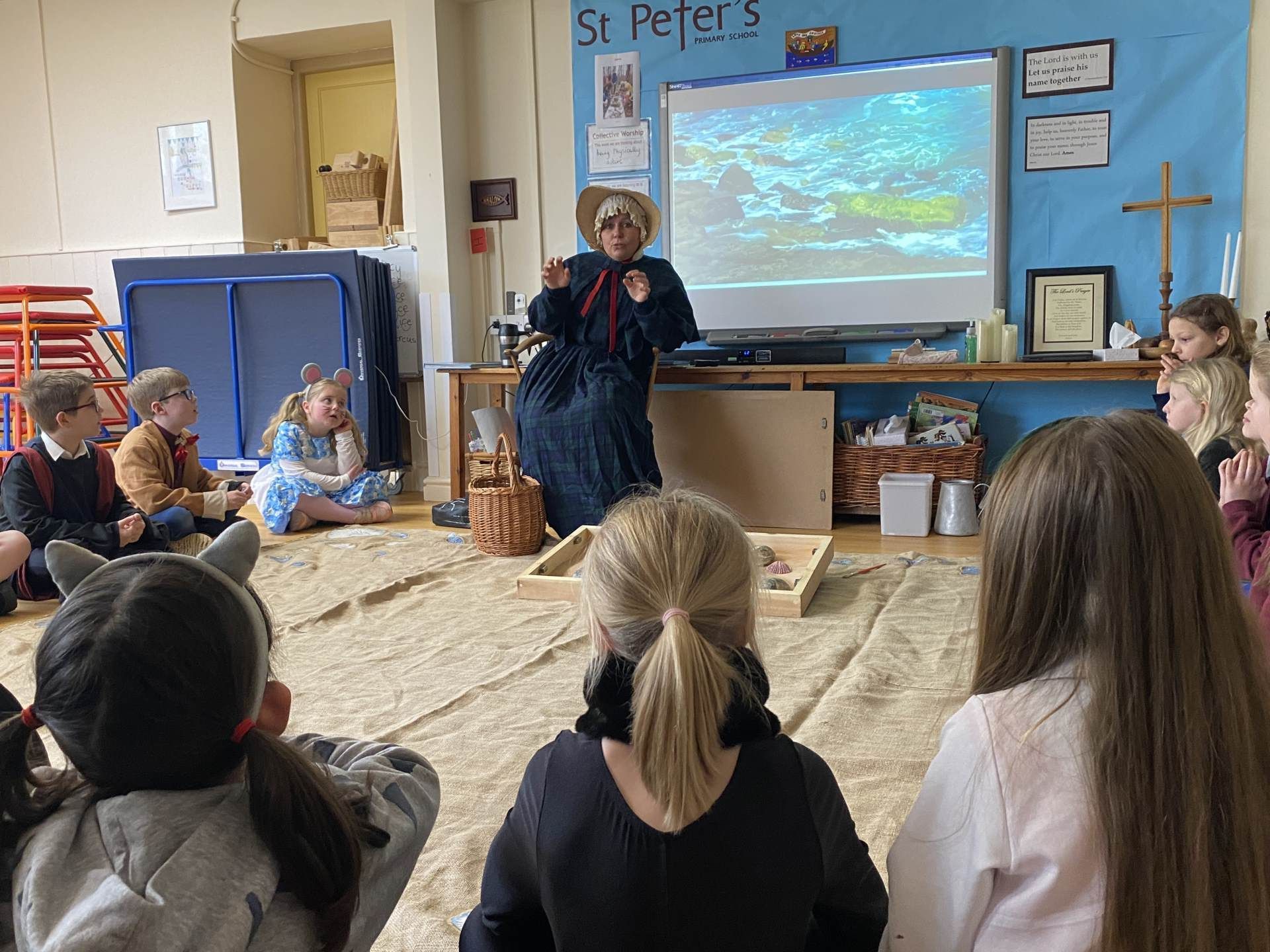 or observing animals are positioned at a suitable time of year to give children the best possible opportunity to make first-hand observations. Within all the science projects, disciplinary knowledge is embedded within substantive content.
or observing animals are positioned at a suitable time of year to give children the best possible opportunity to make first-hand observations. Within all the science projects, disciplinary knowledge is embedded within substantive content.
Teachers use the St Peter's learning model of engage, develop, apply, express to deliver learning that is scaffolded, use sequenced explanations, models and analogies. Occasionally an enquiry based approach so that pupils develop their understanding of co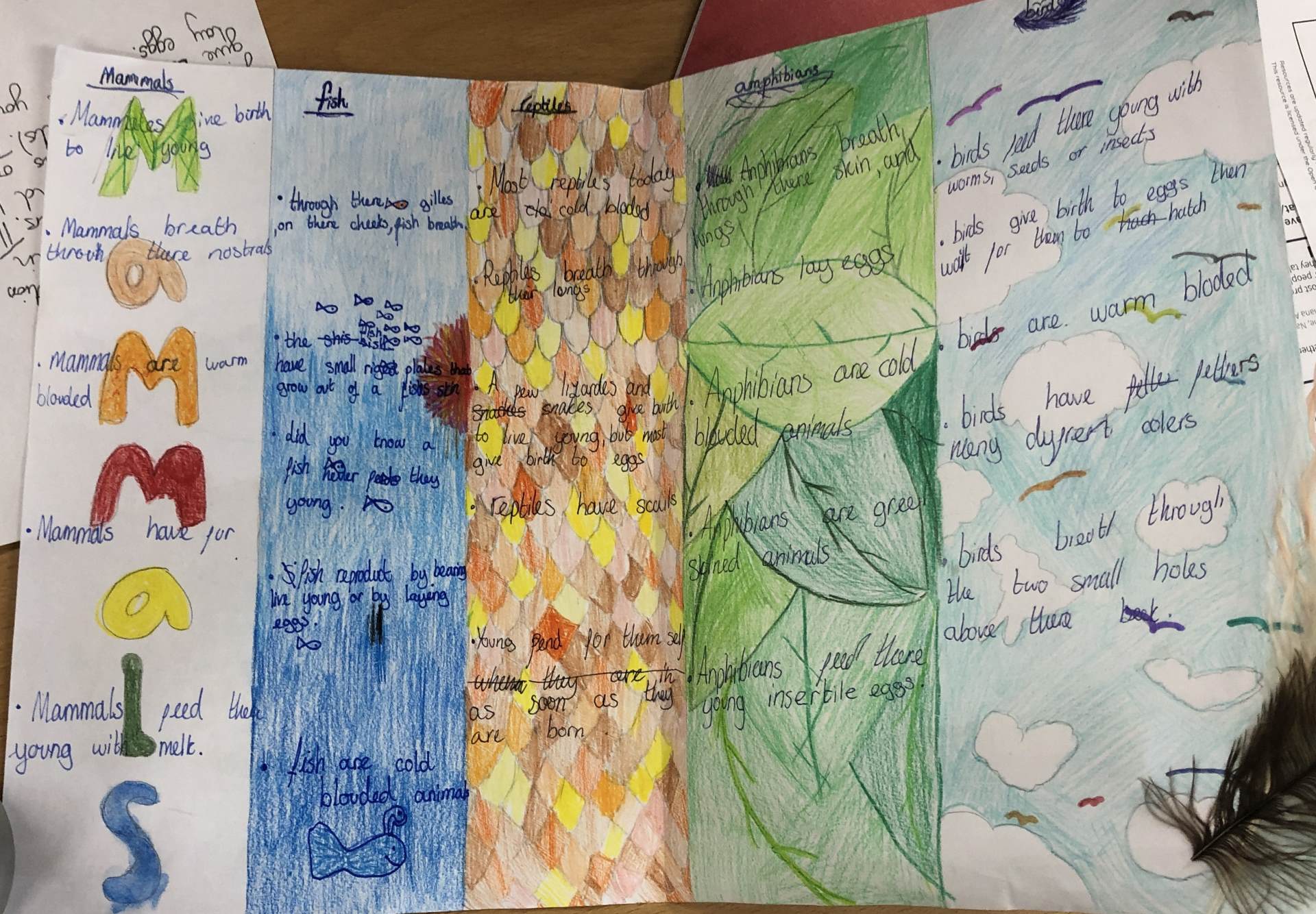 ncepts using methods similar to professional scientists.
ncepts using methods similar to professional scientists.
High quality texts are a key feature of science lessons at St. Peter's. We also use events such as STEM week to raise the profile of science through visitors.
Click here for suggestions of science linked books to read.
Impact
It is important when assessing Science that teachers do not let reading and writing skills hinder achievement in Science. Quizzes, questioning and observations form the basis of formative assessment, whilst end of unit tests and revisiting prior knowledge helps teachers to inform future planning about what key learning has been retained in Science.
I want to work with Science when I'm older, maybe researching cancer cures or finding out more about how aeroplanes can fly around the world in an environmental way to help poorer people without destroying the ozone layer.
KS2 pupil, 2024
